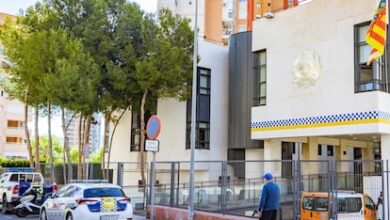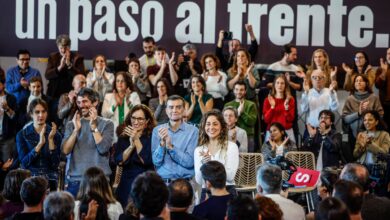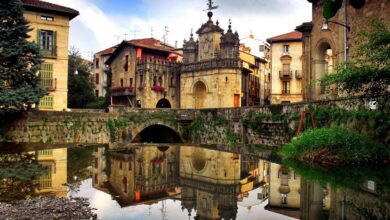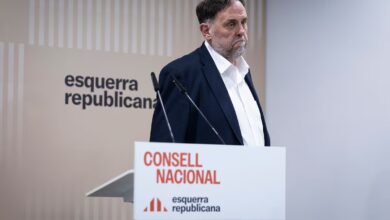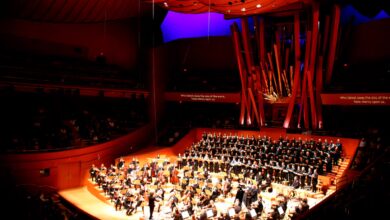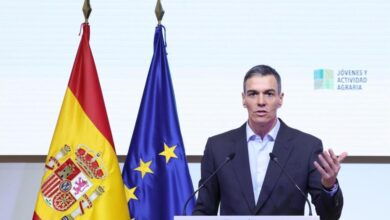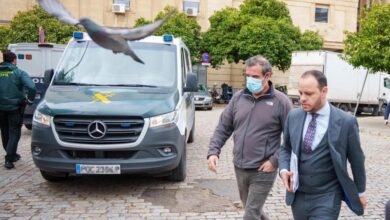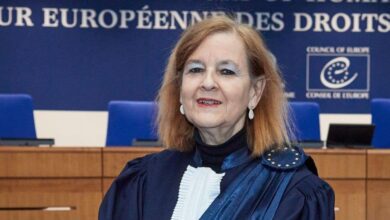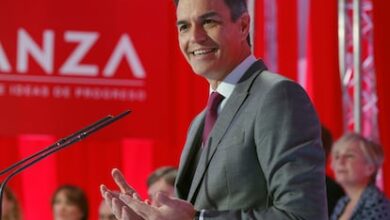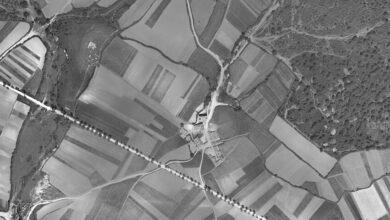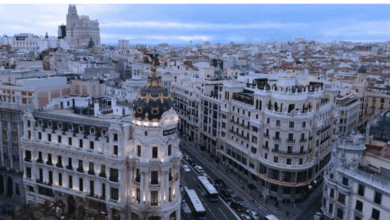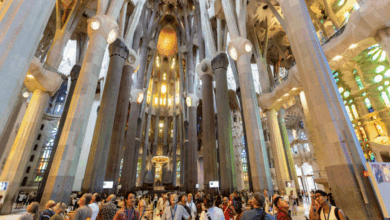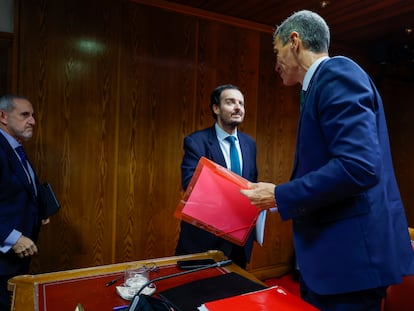
The Partido Popular (PP) was in no hurry to summon Pedro Sánchez to the Senate committee hearing on the Koldo case. Even as the pressure on the government mounted and a former secretary of the Socialist organization landed behind bars, the opposition preferred to wait it out. Under the leadership of Alberto Núñez Feijóo, the PP carefully chose the moment to confront the president with the most uncomfortable interrogation possible.
In the end, after several weeks of anticipation, Sánchez finally appeared in the Senate. The session lasted more than five hours and became a real ordeal for both sides. Despite the tense atmosphere, the prime minister remained composed and confident. The opposition, on the other hand, failed to extract any admissions or mistakes from him, as they had hoped.
Within the government, the prevailing view after the hearing was that Feijóo had miscalculated the timing—especially given the scandal involving Valencia’s president Carlos Mazón, which diverted some attention away from the main issue. PP representative Alejo Miranda de Larra tried to throw Sánchez off balance with rapid-fire questions and frequent topic changes, but the president was prepared for such tactics. He relied on facts and figures, leaving no room for sensational headlines.
Within the government, there is a growing sense that Feijóo lacks a strong team and that his strategy only benefits the socialists. Meanwhile, the PP believes that simply forcing Sánchez to openly discuss corruption cases is already a victory. The opposition leader focused attention on the president’s evasive answers, frequently citing his lack of information.
Despite the lack of sensational revelations, the PP tried to present the session as a blow to Sánchez’s reputation both nationally and in Europe. For the party, this was a key stage in their campaign against corruption, though most observers saw no clear success for the opposition in the Senate.
